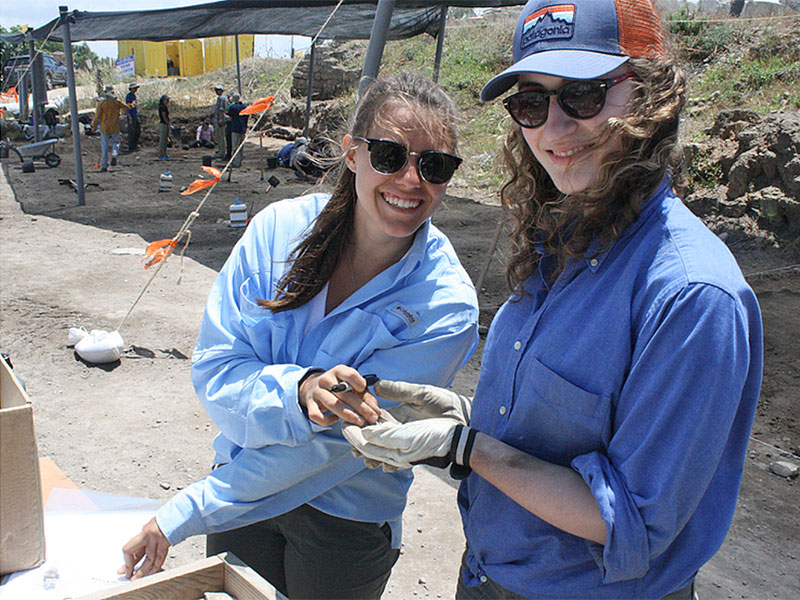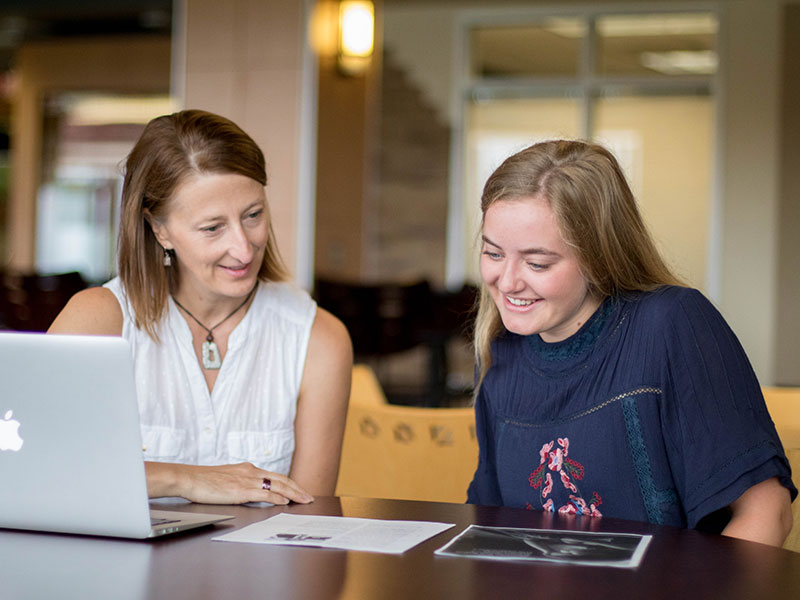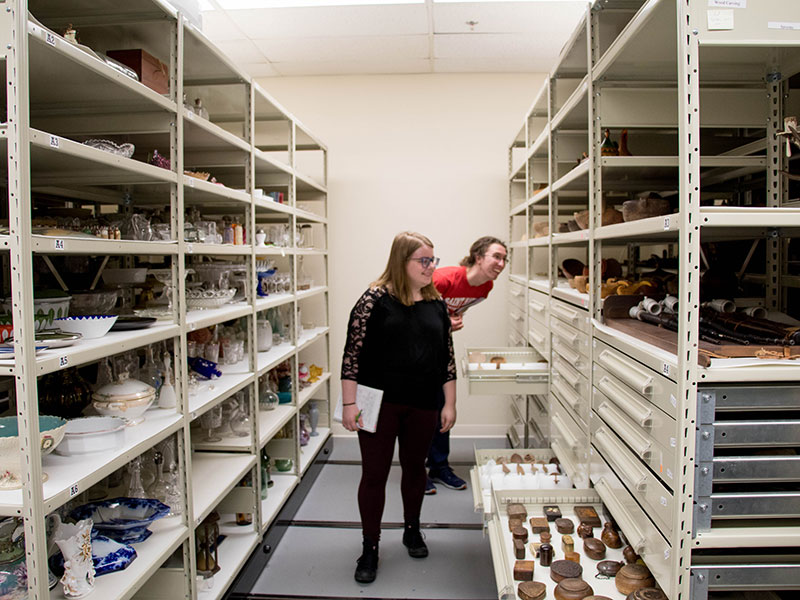Program Highlights
Off-Campus Studies
Visit Greece, Turkey, Italy, and the United Kingdom and learn how history shapes modern identity. During January Term, you’ll have the opportunity to study ancient civilizations, relics, and ruins while immersing yourself in bustling modern cultures.
Research with Faculty
Partner with faculty on research and work-study projects at Luther or participate in archaeological excavations run by Luther faculty in Greece or Israel.
Internships
Broaden your horizons by interning at various historical, archaeological, and anthropological institutes.
What You’ll Learn
As a classical studies minor, you’ll take five courses. Two foundational courses will cover both Greek and Roman history/culture, chosen from courses focusing on mythology, history, archaeology, and more. You’ll take three further electives chosen from classical civilization or other related disciplines. You may also apply two ancient Greek or two Latin courses with departmental approval.
Careers and Outcomes
According to recent grad statistics, 91 percent of Luther students who graduate with a minor in classical studies are employed, volunteering, or pursuing further education within a year of graduating. The study of classics is interdisciplinary, encompassing many subjects and ideas. You’ll develop sharp reasoning, analytical, and critical thinking skills, applicable to an endless variety of careers. In addition to attending graduate school, students with a background in classics often pursue a variety of careers.
Career Fields
- Teaching
- Law
- Archaeology
- Library science
- Business and finance
- Medicine
- Theology
- Computer science
- Information technology
- Writing and editing
Archaeology in Israel
Earn credit while participating in archaeological excavations at Caesarea Maritima, a full-scale archaeological excavation at a Roman and Crusader-era city on the beautiful Mediterranean coast of Israel.


